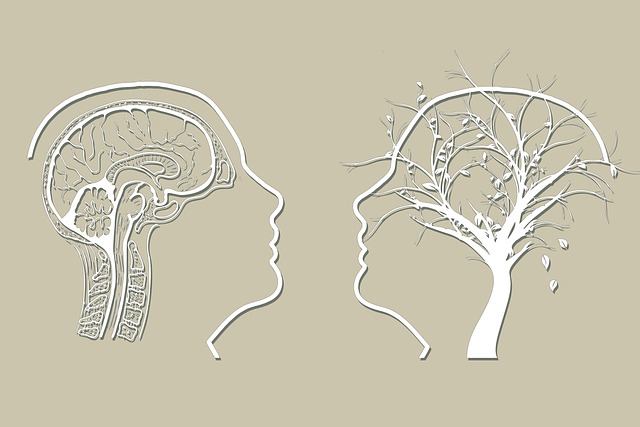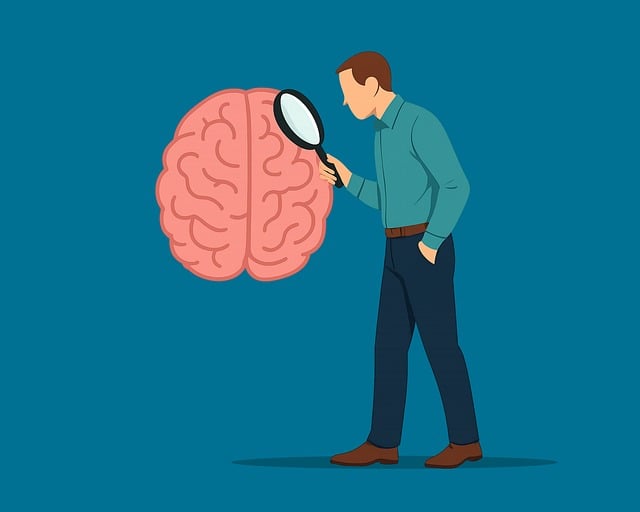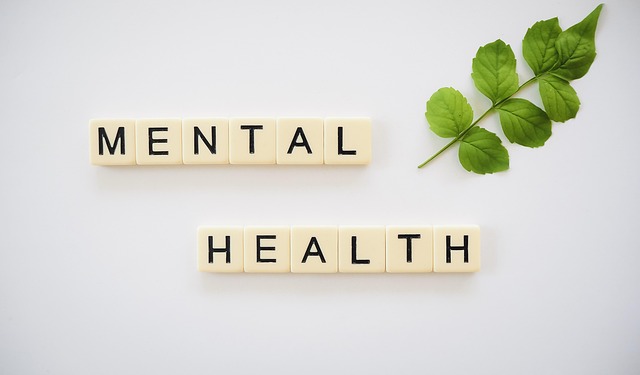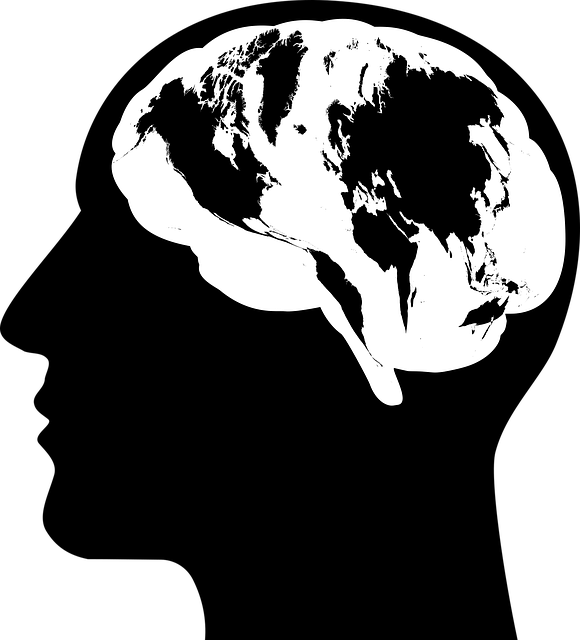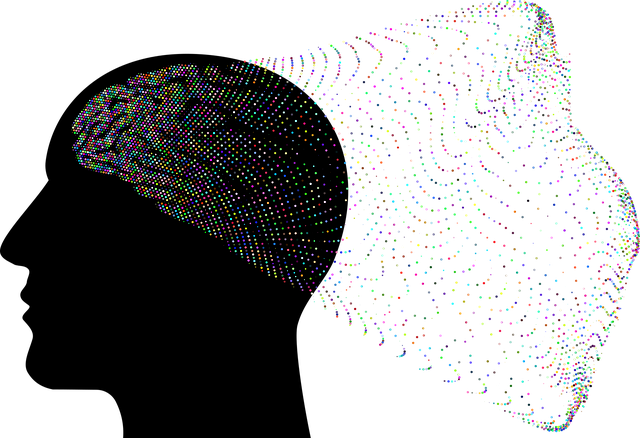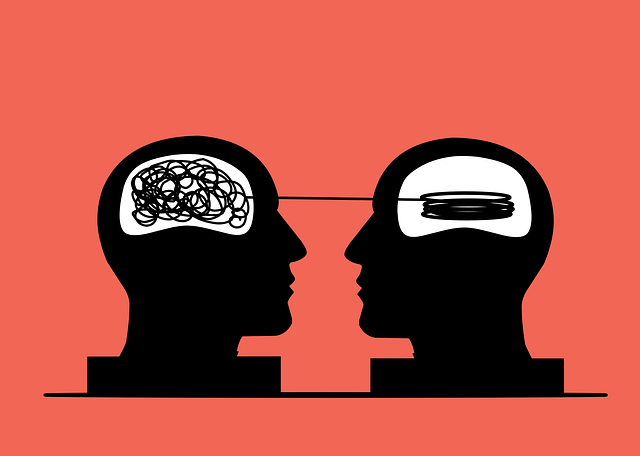Children Conduct Disorder (CCD) is a complex behavioral issue characterized by aggression and antisocial behaviors, requiring early identification. Common symptoms include aggression, property damage, lying, theft, and rule breaking, with causes ranging from environmental factors to biological predispositions. Effective treatment involves behavioral interventions, Cognitive Behavioral Therapy (CBT), parent training, and risk assessments to prevent caregiver burnout. Crisis support includes mental wellness coaching and tailored therapy teaching coping skills. Long-term behavior modification uses evidence-based therapies like CBT and Dialectical Behavior Therapy (DBT), alongside burnout prevention strategies for healthcare providers. Family and peer support, along with public awareness campaigns, reduce stigma and encourage positive behaviors. Specialized therapy like CBT manages behavioral issues in crisis situations, combining professional help with self-care practices to enhance family resilience and overall well-being.
Children’s Conduct Disorder (CCD) is a serious behavioral issue that requires effective crisis intervention strategies. This article provides a comprehensive guide to understanding CCD, offering insights into its symptoms, causes, and various therapeutic approaches. From in-the-moment support to long-term behavior modification, we explore essential strategies for helping affected children. Additionally, we discuss the role of family and peer support, as well as resource availability, emphasizing the importance of professional help in managing and overcoming CCD through therapy.
- Understanding Children Conduct Disorder: Symptoms and Causes
- Crisis Intervention Strategies for In-the-Moment Support
- Therapeutic Approaches for Long-Term Behavior Modification
- The Role of Family and Peer Support in Recovery
- Resource Availability and Accessing Professional Help
Understanding Children Conduct Disorder: Symptoms and Causes

Children Conduct Disorder (CCD), characterized by persistent and repeated violations of basic rights of others or age-appropriate societal norms, is a complex behavioral disorder. Recognizing the symptoms is crucial for early intervention, as it can significantly impact a child’s future mental health and social functioning. Common signs include aggression towards people and animals, destruction of property, lying, theft, and serious violations of rules at home or school. These behaviors often manifest before the age of 10 and may indicate deeper issues such as trauma, abuse, or genetic predisposition.
The causes of CCD are multifaceted, involving a combination of environmental, psychological, and biological factors. Risk factors include poor parenting practices, family dysfunction, exposure to violence, and mental health conditions like depression or anxiety in parents. Effective therapy for Children Conduct Disorder typically involves behavioral interventions, cognitive-behavioral therapy (CBT), and parent training to enhance conflict resolution techniques. Healthcare professionals must also focus on a comprehensive risk assessment, incorporating strategies to prevent burnout during the care process, as treating CCD can be demanding.
Crisis Intervention Strategies for In-the-Moment Support

In moments of crisis, whether it’s a meltdown at school or a child expressing severe anxiety, immediate support is paramount. Crisis intervention strategies for in-the-moment assistance play a crucial role in mitigating harm and promoting positive outcomes. Mental wellness coaching programs development often incorporates techniques to help professionals swiftly assess the situation and provide effective interventions. This includes teaching children coping skills, such as deep breathing exercises or mindfulness practices, to manage intense emotions during a crisis.
For individuals with conduct disorder, therapy for children can be tailored to address specific triggers and behaviors while offering immediate support. Risk assessment for mental health professionals is essential to identify potential hazards and ensure the safety of both the individual in distress and those around them. By combining these strategies, mental wellness coaches can navigate challenging situations, offer crucial in-the-moment support, and guide children towards healthier emotional regulation methods.
Therapeutic Approaches for Long-Term Behavior Modification

In addressing long-term behavior modification, therapeutic approaches play a pivotal role in transforming lives, particularly for children with Conduct Disorder (CD). Evidence-based therapies such as Cognitive Behavioral Therapy (CBT) and Dialectical Behavior Therapy (DBT) have proven effective. CBT equips individuals with skills to identify and change negative thought patterns and behaviors, fostering healthier ones. DBT, on the other hand, focuses on teaching coping skills to regulate emotions, reduce impulsive behavior, and improve interpersonal effectiveness. These therapies not only help children manage their symptoms but also empower them to navigate challenges sustainably.
Complementing these therapeutic modalities, Burnout Prevention Strategies for Healthcare Providers offer a crucial support system. By prioritizing providers’ well-being, they can maintain the empathy and resilience needed to effectively assist patients with CD. Additionally, integrating Conflict Resolution Techniques and Coping Skills Development in therapy sessions enhances participants’ ability to navigate interpersonal conflicts and cope with stressful situations adaptively.
The Role of Family and Peer Support in Recovery

Family and peer support play a pivotal role in a child’s recovery from conduct disorder, complementing traditional therapy for children with this condition. Conduct disorder is a serious behavioral problem that often leads to mental health awareness and social difficulties. Public awareness campaigns development and targeted communication strategies can help destigmatize the issue, fostering an environment where affected kids feel supported. This network of support is crucial in encouraging open communication, promoting positive behaviors, and reinforcing the skills learned during therapy sessions.
Peer support groups, for instance, provide a safe space for children to connect with peers facing similar challenges, enhancing their sense of belonging and normalcy. Family involvement ensures consistent reinforcement of healthy behaviors both at home and within the community, contributing significantly to long-term recovery and improved mental health awareness. Effective communication strategies facilitate understanding among family members, caregivers, and peers, ensuring everyone is aligned in supporting the child’s journey towards positive change.
Resource Availability and Accessing Professional Help

In times of crisis, the availability and accessibility of resources play a pivotal role in effective intervention strategies. One key aspect is ensuring families have access to professional help tailored to their needs. For instance, therapy for children with conduct disorder requires specialized approaches such as cognitive-behavioral therapy (CBT), which has shown promising outcomes in managing behavioral issues. The support system in place, including local community resources and mental health professionals, significantly influences the success of intervention strategies.
Promoting positive thinking and self-care practices alongside accessing professional help can be a powerful combination. Encouraging compassion cultivation practices within families can foster a supportive environment, enhancing resilience during challenging times. By integrating these strategies, individuals and families can navigate crises more effectively, ultimately leading to improved well-being and healthier relationships.
Children’s Conduct Disorder (CCD) is a complex issue, but with the right support, individuals can overcome behavioral challenges. By combining crisis intervention strategies with long-term therapeutic approaches, we can foster positive change. Family and peer support play a vital role in recovery, offering a network of care and understanding. Accessing professional help through therapy tailored to CCD is essential for effective behavior modification. With guidance and resources available, navigating this disorder becomes more manageable, leading to improved outcomes and a brighter future for those affected.
